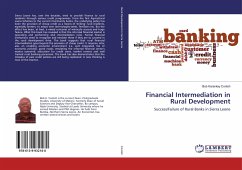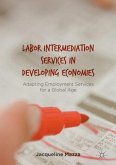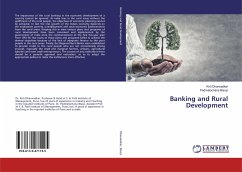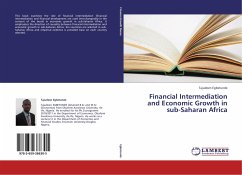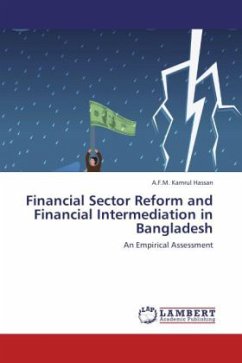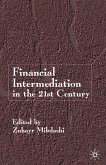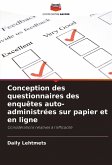Sierra Leone has, over the decades, tried to provide finance to rural residents through various credit programmes. From the first Agricultural Loans Schemes to the current Community banks, the underlying policy has been the provision of cheap credit as a means of 'bribing' rural residents, especially farmers, to adopt new technologies-seeds, fertilizers etc. But the effect has been, at best, a mixed outcome of miniscule success and huge failure. What this book has revealed is that the informal financial market is operating and performing vital intermediation roles. Formal financial institutions need to recognize and emulate these if they are to succeed in the rural development drive. The book suggests that rural financial intermediation goes beyond the provision of cheap credit. It requires, inter alia, an enabling economic environment (i.e. well integrated mix of economic policies), good roads, emulating the informal financial sector's modus operandi, education for credit users,market centres and well trained rural banking personnel. The book has also demonstrates that the mistakes of past credit policies are still being replicated. A new thinking is now of the essence.
Bitte wählen Sie Ihr Anliegen aus.
Rechnungen
Retourenschein anfordern
Bestellstatus
Storno

